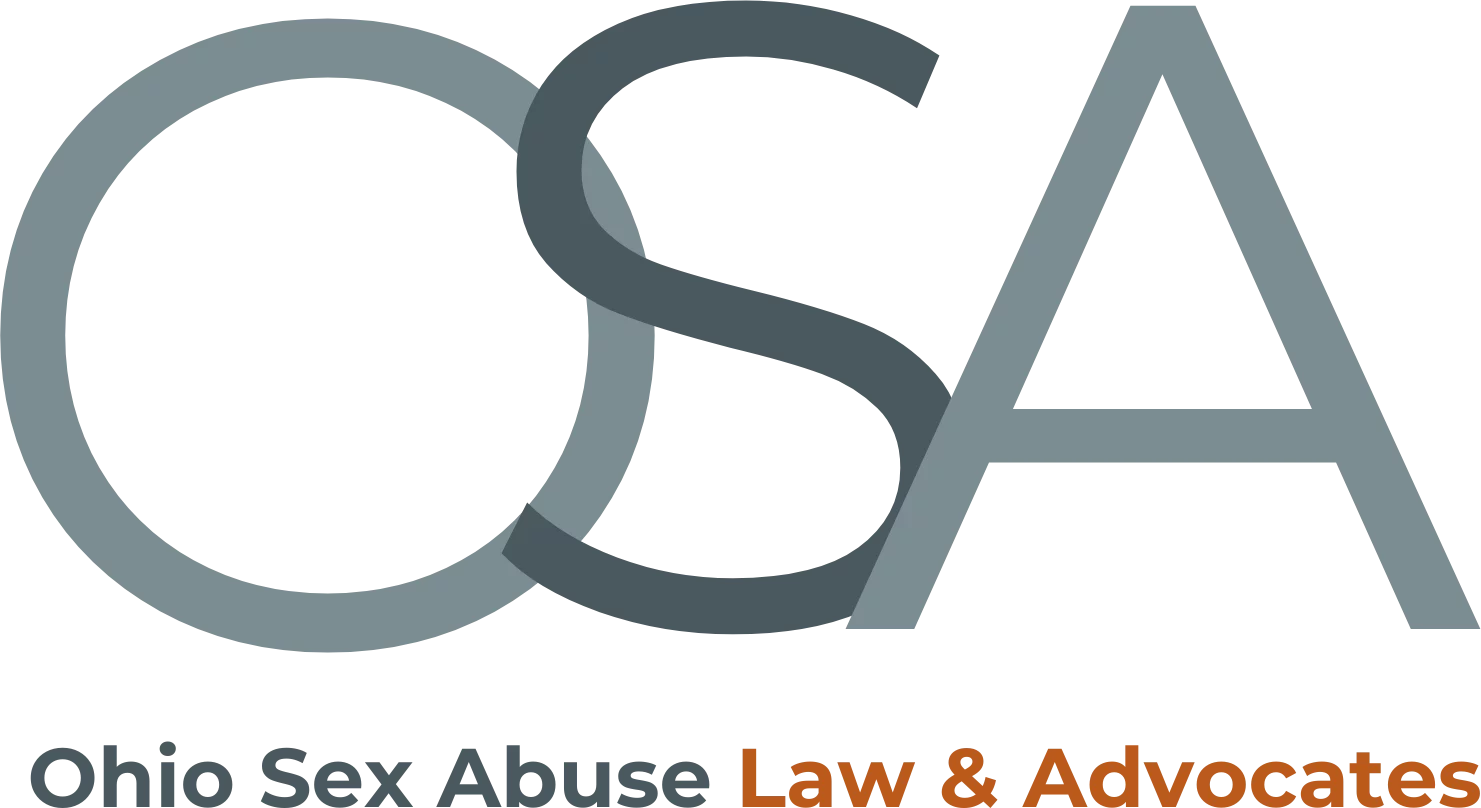The New York Civil Liberties Union recently filed a federal class action lawsuit with the goal of overturning the Sexual Assault Reform Act.
The New York Civil Liberties Union recently filed a federal class action lawsuit with the goal of overturning the Sexual Assault Reform Act. The law, known as SARA, has been active for over 25 years.
The Sexual Assault Reform Act was created in response to the rising number of sex offenders throughout the nation. It prohibits “thousands of people on the state sex offense registry from entering school zones,” and its broad-spanning language also includes those who have not committed explicitly sexual crimes.
SARA has affected the lives of many, including a man under the alias of “MG.” According to a lawsuit, he grabbed a child while engaged in an argument during an intoxicated psychiatric crisis. He was charged with kidnapping and unlawful imprisonment – two offenses that are not inherently sexual, but can put someone on the registry.
52-year-old MG experiences difficulty each day while living in New York City. With such a dense urban population, schools can be found on almost every street corner. He currently resides in a homeless shelter over an hour from his wife and five children.
The law’s lack of specificity has led to confusion. According to the New York Civil Liberties Union, those affected by the restrictions do not know where they are allowed to go without the threat of reincarceration. They argue that SARA is “vague, expansive, and unnecessary.” The organization also states that this law violates the Constitution’s Fourteenth Amendment, which “guarantees the right to due process and equal protection under the law.”
According to reports by New York Focus and The Nation, New York has kept hundreds of those “who can’t find SARA-compliant accommodations imprisoned, even past their maximum release dates.” Under the guise of transferring individuals to “residential treatment facilities,” officials instead take them to different prisons.
The proposed changes would maintain New York’s sex offender registry while also eliminating the 1,000-foot rule for schools. The shift would also include a more comprehensive reintegration program for sex offense registrants.
Another plaintiff, known as JL, lives in a shelter in the Bronx. He has been able to find work as a paralegal but cannot get his own apartment due to his parole officer’s seemingly impossible standards. He has provided dozens of different addresses, “including at least five that, by the NYCLU’s most conservative possible measurement,” are over 1,000 feet from a school. His parole officer did not accept any of them and refused to explain why.
“The restrictions, they do nothing,” said JL. “The state is ostracizing people, making it so hard to live that you’re making some people want to give up.”
Authors: Alexis Kabat and Andy Goldwasser

